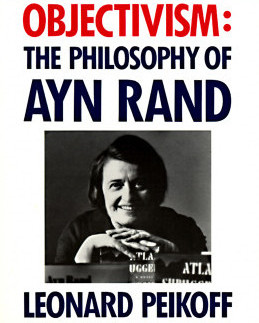An excerpt from chapter 8 on Virtue from Objectivism: The Philosophy of Ayn Rand by Leonard Peikoff.
“Honesty” is the refusal to fake reality, i.e., to pretend that facts are other than they are.19 Pretense, as we know, is metaphysically impotent. It can neither erase an existent nor create one.
The virtue of honesty requires that one face the truth on every issue one deals with: the truth, the whole truth, and nothing but the truth (anything less would permit faking). This is a corollary of the virtue of rationality, which requires a state of full focus. If rationality, as we may say, is the commitment to reality, then honesty is its obverse; it is the rejection of unreality. The exponent of the first acknowledges that existence exists; of the second, that only existence exists.
The man who traffics in unreality, seeking to make it his ally, thereby makes reality his enemy. All facts are interconnected. Thus the first step of faking, like a man’s first act of evasion, leads to the next; neither practice can be contained. Ultimately, the dishonest individual comes into conflict not merely with an isolated datum, but with the realm of existence as such. His policy commits him to the invention of a competitor to existence, a growing world of unreality, like a supernatural dimension that clashes at every point with the actual world. The latter, therefore, becomes his nemesis. It becomes a time bomb waiting to explode in his face.
The man who fakes reality believes that he or others can profit thereby. The honest man does …
Read the rest in Objectivism: The Philosophy of Ayn Rand.
